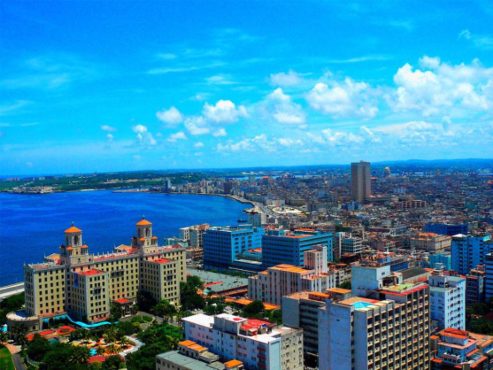Cuba
Cuba is a Marxist–Leninist one-party republic, where the role of the vanguard Communist Party is enshrined in the Constitution. Independent observers have accused the Cuban government of numerous human rights abuses, including arbitrary imprisonment.
It is one of the world’s last planned economies and its economy is dominated by the exports of sugar, tobacco, coffee and skilled labor. According to the Human Development Index, Cuba is described as a country with high human development and is ranked the eighth highest in North America. It also ranks highly in some metrics of national performance, including health care and education.

Tourism was initially restricted to enclave resorts where tourists would be segregated from Cuban society, referred to as “enclave tourism” and “tourism apartheid”. Contacts between foreign visitors and ordinary Cubans were de facto illegal between 1992 and 1997. The rapid growth of tourism during the Special Period had widespread social and economic repercussions in Cuba, and led to speculation about the emergence of a two-tier economy.
Cuba has tripled its market share of Caribbean tourism in the last decade; as a result of significant investment in tourism infrastructure, this growth rate is predicted to continue. 1.9 million tourists visited Cuba in 2003, predominantly from Canada and the European Union, generating revenue of US$2.1 billion. Cuba recorded 2,688,000 international tourists in 2011, the third-highest figure in the Caribbean.
The medical tourism sector caters to thousands of European, Latin American, Canadian, and American consumers every year.